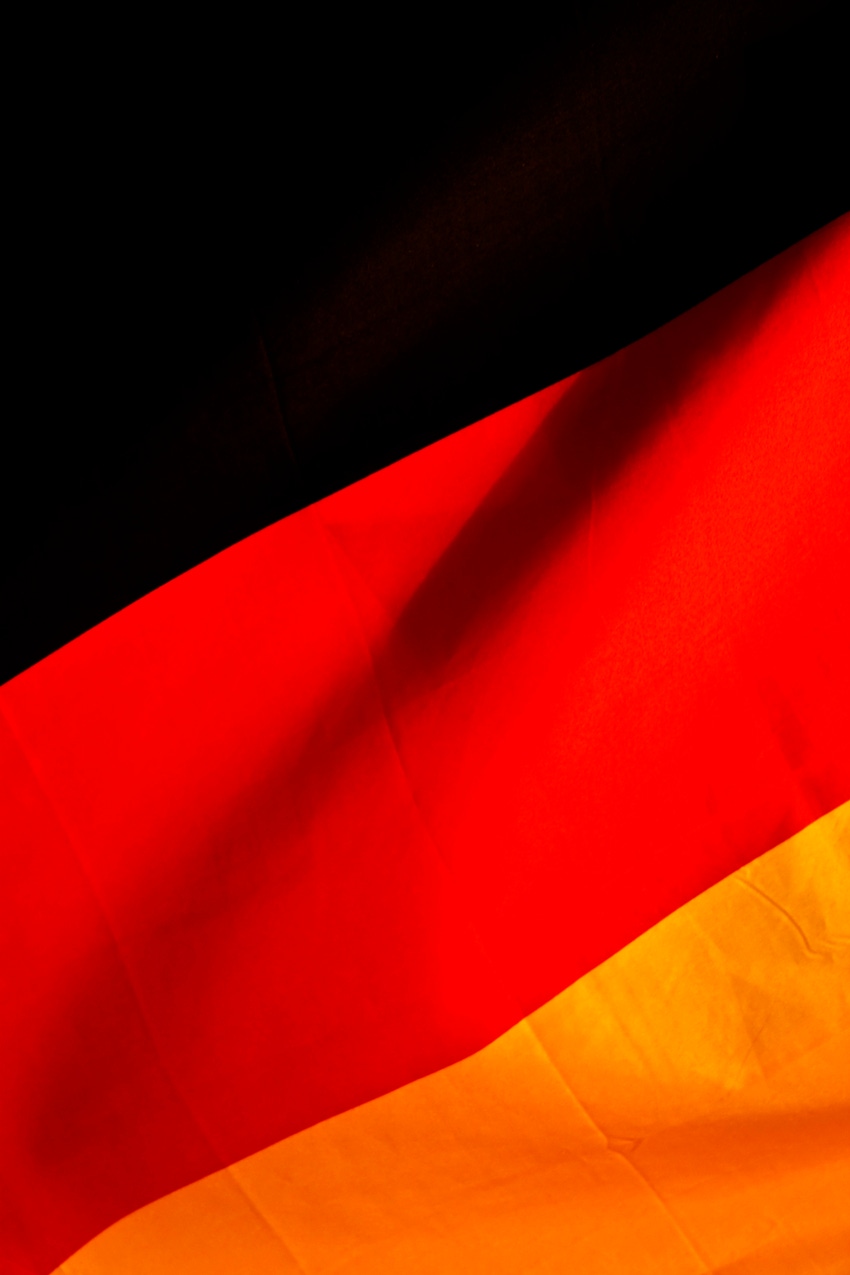Dutch incumbent KPN has confirmed that it is to sell its German mobile operation, E-Plus, to Spain’s Telefónica, which operates as O2 in the German market. Telefónica will pay €5bn in cash to KPN, which will also hold a 17.6 per cent stake in Telefónica Deutschland once the deal, subject to regulatory approval, has been completed.
July 23, 2013

Dutch incumbent KPN has confirmed that it is to sell its German mobile operation, E-Plus, to Spain’s Telefónica, which operates as O2 in the German market. Telefónica will pay €5bn in cash to KPN, which will also hold a 17.6 per cent stake in Telefónica Deutschland once the deal, subject to regulatory approval, has been completed.
The sale will create the largest mobile operator in Germany by subscriber numbers. Figures for March 2013 put the two companies’ combined subscriber base at 40.63 million, according to Informa’s WCIS, ahead of Deutsche Telekom on 37 million and Vodafone on 29.17 million.
DT holds a strong position across fixed and mobile in its home market and Vodafone’s recent move for Kabel Deutschland shows the firm’s determination to improve its standing in Europe’s largest market. The E-Plus deal can be seen as a response to these market dynamics, according to Ovum analyst Emeka Obiodu.
“Vodafone’s actions would have hastened [this] decision as O2 and E-Plus risked falling even further behind,” Obiodu said. “Without a deal, they would have been operating in a market where Vodafone has just strengthened, and Deutsche Telekom enjoys the advantage of being the mobile market leader and the owner of a high-speed fixed broadband network.”
KPN will be appearing at the Broadband World Forum, taking place on the 22nd – 24th October 2013 at the RAI Exhibition and Convention Centre, Amsterdam. Click here to download a brochure for the event.
KPN CEO Eelco Blok said that the sale price represented a “significant premium” based on the potential operational synergies. E-Plus CEO Thorsten Dirks said that E-Plus would not be diverted from an operational strategy that is already in place.
“We are implementing the next phase of our strategy towards a data-centric challenger, which already resulted in strong postpaid net adds and data growth in the first half of 2013,” he said. “I can assure you that we remain fully focused on executing our operational strategy.”
The €5bn price tag will be added to Telefónica’s substantial debt pile, which sat at €51.8bn at the end of Q1 this year. “it is important to highlight that this transaction will mainly be financed via financial instruments, which will enable to maintain Telefónica’s leverage ratio stable,” the Spanish operator said in a statement. “In this respect, Telefónica reiterates its objective to place net financial debt below 47 billlion euros by the end of 2013.”
It could take some time before Telefónica is able to start reaping the financial rewards of the deal’s synergies. While the Spanish incumbent predicted that there would be net savings from year two and KPN suggested that synergies would match the price tag, Bengt Nordstrøm, of industry consultancy NorthStream, suggested that there could be a lengthy approval process from the European and German competition authorities, of between nine and twelve months.
The assumption behind the deal, he said, was that a three-player market would foster a more stable pricing environment, which in turn would allow for improved network investment. While competition authorities will not want to see any reduction in retail competition in the market, Nordstrøm said that the time has come to take a pro-industry view on the market, as well as pro-consumer. “It should be approved, this kind of consolidation is necessary if Europe is to catch up in LTE.”
And if it is necessary in Europe’s largest market then it is likely needed elsewhere, he said. “If this gets approved then it will set a precedent for other European markets,” he said.
Even if approval comes, Telefónica’s German journey may not be complete. It would become the largest mobile operator but the only player without a fixed operation.
About the Author(s)
You May Also Like







.png?width=300&auto=webp&quality=80&disable=upscale)

.png?width=300&auto=webp&quality=80&disable=upscale)
_1.jpg?width=300&auto=webp&quality=80&disable=upscale)



.png?width=800&auto=webp&quality=80&disable=upscale)